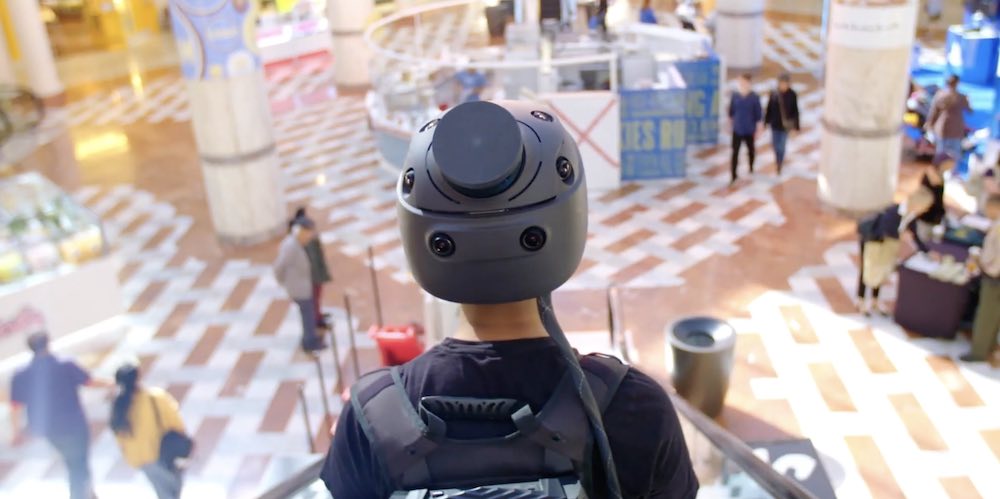In a study at Carnegie Mellon University, scientists have been able to create an algorithm that detects people who are prone to suicide.
The artificial intelligence program they have created at Carnegie Mellon University, in Pittsburgh, is capable of identifying people who are suicidal. A paper published in Nature Human Behavior explains what the study consisted of.
The work involved 34 people, half of whom had thoughts related to suicide. The algorithm, through a training, checked how people’s brain scans varied by putting certain words to them. There were terms related to suicide, such as ‘death’, as well as words associated with positive and negative emotions.
Once the brain scans of people with proven suicidal tendencies were determined, the algorithm focused on the 34 people in the group. He was able to correctly guess that 15 out of 17 patients had such thoughts. He was also quite right to determine that 16 out of 17 people did not have this problem.
Thus, through these artificial intelligence tools it is possible to acquire a deeper knowledge about the brain in these cases. In the future it could be expected that such programs can help in diagnosis and even in treatment.
Artificial intelligence in medicine
The future of artificial intelligence in medicine looks promising. A few years ago the IBM supercomputer, Watson, surprised with the news that it lent itself to fight cancer. In fact, the company has reached agreements with hospitals to use it in the diagnosis of the disease, not only in the field of research.
This was just a mature sample of what cognitive computing could do. In the end, the terms artificial intelligence, cognitive computing, predictive analytics and the like nudge each other. Whatever qualifier you use. the truth is that this type of technology, capable of examining data, mixing them and interpreting them correctly has multiple medical applications.
Researchers at Stanford University created an algorithm capable of diagnosing skin cancer. And, in their tests, they realized that this deep learning software got the precision of a dermatologist. The program was 91% successful compared to the best dermatologists.
In other fields artificial intelligence seeks pre-empting even the diagnosis and enter the realm of prediction. This is a swampy terrain for modern medicine. Because there are multiple factors to evaluate, and making a prediction about a disease, delimiting the time, is complex.
In a study by scientists at the University of Nottingham, the system examined the histories of 378,256 patients. He rummaged through this information patterns related to cardiovascular incidents. And, once the material was studied, the algorithm was introduced with patient cases. He was able to guess if those people would have a heart attack in the next ten years up to 76.4%. The method used by doctors is 72.8 per cent accurate.
Images: Counselling, rebcenter-mocow






